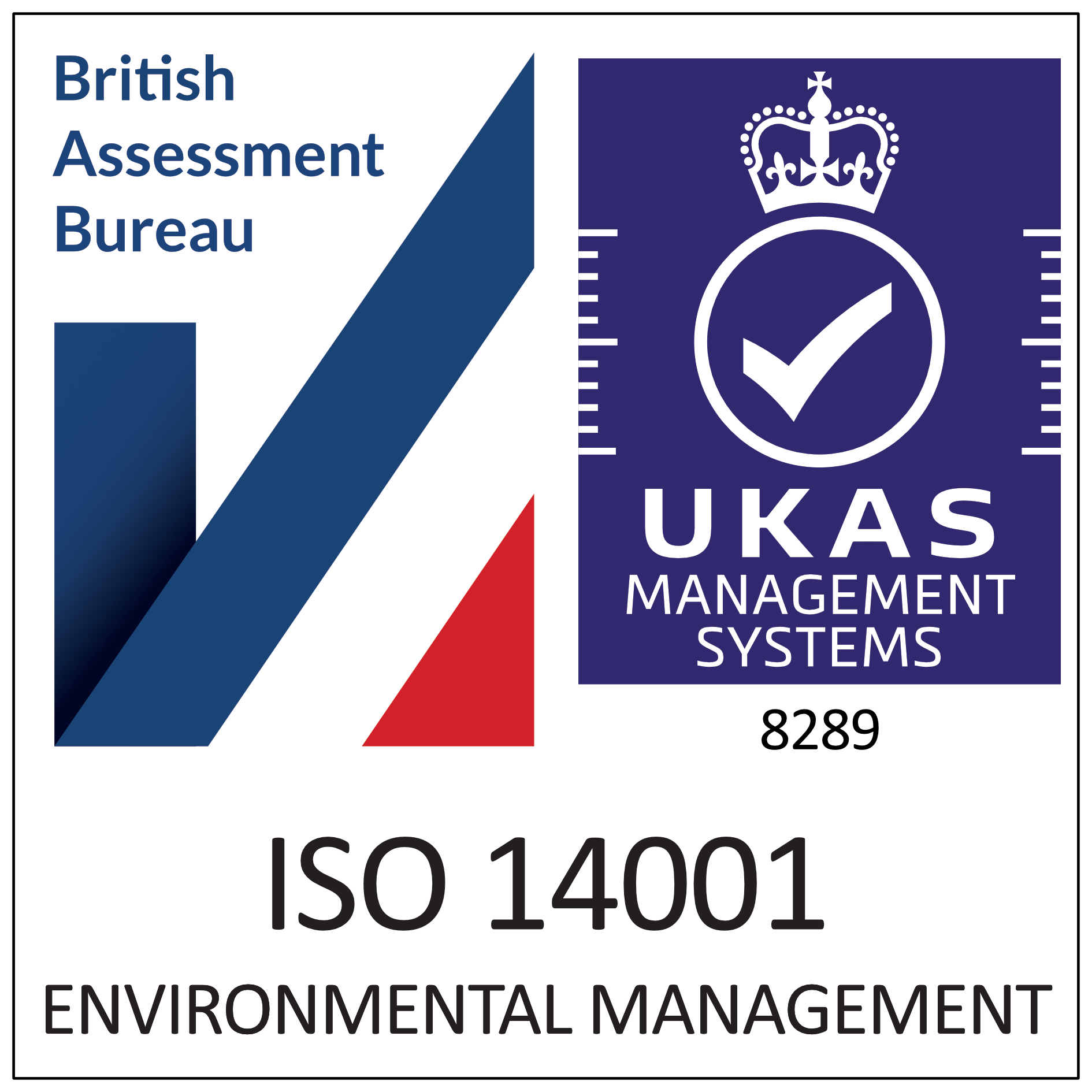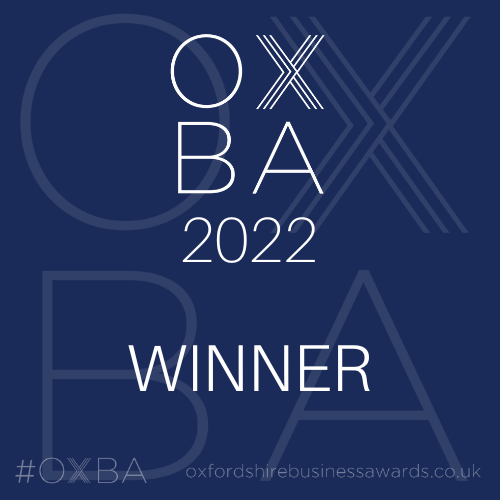

Search our website for news, courses, and general information
Course code: XMZQ120P
Subject area: Business Administration
Study level: Apprenticeship
Course level: 3
Course time:
09:00 - 17:00
Days of week:
Various
Course date:
Flexible Start - 31st Jul 2025
Course location:
Off SiteDuration:
• 15 months practical training period, plus 3 months for End Point Assessment
Delivery model:
• Work-based training with your employer
• 10 days college attendance to complete the Business Professionals course
• Approximately 12 on-site assessment visits per year
• Level 2 Functional Skills in Maths and English (7 days at college for each, if required)
• Off the job training will count for at least 6 hours a week of an apprentice’s time at work
Qualifications included:
• Level 2 Functional Skills in English and Maths
• Level 3 Business Administration Apprenticeship
End Point Assessment:
• Knowledge test
• Portfolio based interview
• Project/improvement presentation
• Understands organisational purpose, activities, aims, values, vision for the future, resources and the way that the political/economic environment affects the organisation.
• Knows organisational structure and demonstrates understanding of how their work benefits the organisation. Knows how they fit within their team and recognises how their skills can help them to progress their career.
• Has a practical knowledge of managing stakeholders and their differing relationships to an organisation. This includes internal and external customers, clients and/or suppliers. Liaises with internal/external customers, suppliers or stakeholders from inside or outside the UK. Engages and fosters relationships with suppliers and partner organisations.
• Understands laws and regulations that apply to their role including data protection, health & safety, compliance etc. Supports the company in applying the regulations.
• Understands the organisation's internal policies and key business policies relating to sector.
• Understands the applicability of business principles such as managing change, business finances and project management.
• Level 2 Functional Skills in English and Maths
• Level 3 Business Administration Apprenticeship
• How to use of multiple IT packages and systems relevant to the organisation in order to: write letters or emails, create proposals, perform financial processes, record and analyse data. Examples include MS Office or equivalent packages. Able to choose the most appropriate IT solution to suit the business problem. Able to update and review databases, record information and produce data analysis where required.
• How to produce accurate records and documents including: emails, letters, files, payments, reports and proposals. Makes recommendations for improvements and present solutions to management. Drafts correspondence, writes reports and able to review others' work. Maintains records and files, handles confidential information in compliance with the organisation's procedures. Coaches others in the processes required to complete these tasks.
• How to exercise proactivity and good judgement. Makes effective decisions based on sound reasoning and is able to deal with challenges in a mature way. Seeks advice of more experienced team members when appropriate.
• How to build and maintain positive relationships within their own team and across the organisation. Demonstrates ability to influence and challenge appropriately. Becomes a role model to peers and team members, developing coaching skills as they gain area knowledge.
• How to demonstrate good communication skills, whether face-to-face, on the telephone, in writing or on digital platforms. Uses the most appropriate channels to communicate effectively. Demonstrates agility and confidence in communications, carrying authority appropriately. Understands and applies social media solutions appropriately. Answers questions from inside and outside of the organisation, representing the organisation or department.
What behaviours will apprentices develop?
• Professionalism
• Personal qualities
• Managing per








